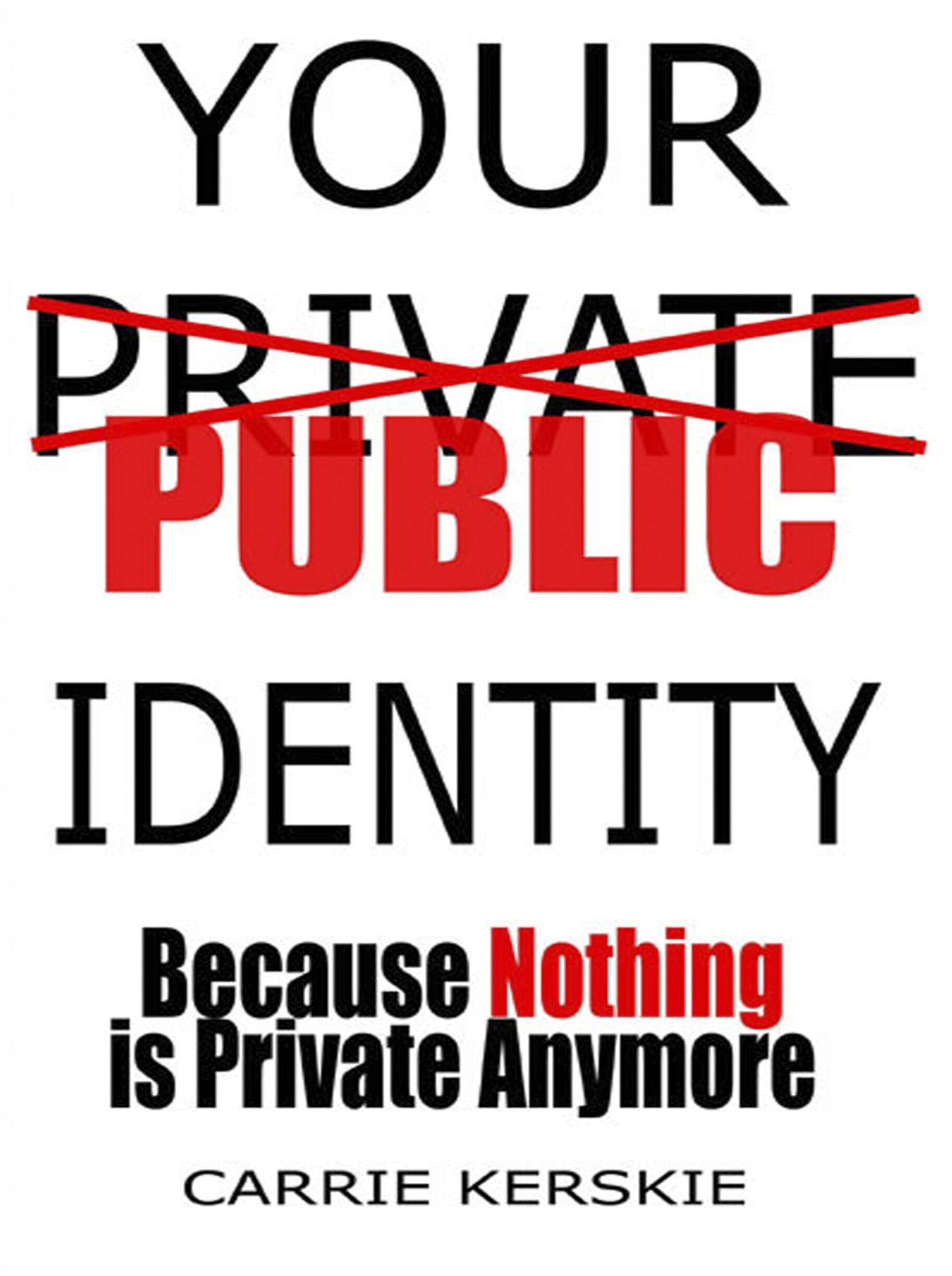To use an anti-virus or to not use an anti-virus, that is the question; at least it is for a large majority of Apple users.
For years now, there has been a growing confusion over the usefulness of protection software on Macs, iPhones, and other Apple devices that’s led countless people to purchase unnecessary and even harmful products. Like many other things online, misinformation has spawned a debate that’s made something simple appear needlessly convoluted. On top of that, corporations have seized this opportunity to take advantage of the general population by targeting the Apple users who are worried about needing antivirus software. So, let’s clear up some of the confusion surrounding this debate and go over why Apple devices may or may not need an antivirus, what it is that anti-viruses do, and why you shouldn’t rely on them solely to protect your devices anyways.
Do Apple devices need an anti-virus?
If you were to do a quick search asking, “Does my Mac need an anti-virus?”, your first couple results would be filled with articles telling you that it’s absolutely necessary. However, the real answer to the question isn’t so black and white. One quick look at the websites posting these articles and you’ll notice that they’re none other than companies that sell anti-virus software. Just like how criminals take advantage of our internet searches, so do the companies that claim to protect us from them.
For Mac devices, your computer is already protecting you in the form of Xprotect, which is regularly performing scans and updating in the background. Apple also has Gatekeeper, a feature of macOS that checks that any app you attempt to open/install has come from a certified developer.
Another reason Apple devices don’t require additional security lies in the nature in which they are designed. Given that our expertise lies more in identity theft than in tech proficiency here at Kerskie Group, we asked Apple Field Tech Dennis DiGiacomo of MDP Studios to explain in depth why Apple devices are inherently more secure than Windows and other operating systems.
“Many folks leave the Microsoft platform for Apple’s products and want to treat them like a Windows device. What make’s apple different is that Apple’s operating systems are all built with security first at its core, and have many levels of protection throughout, even protections Apple doesn’t really talk about. These protections keep the bad guys (hackers) always guessing as Apple never really states what the security updates fixed/repaired/prevented, etc.…
Also, all the Apps available on Apple Appstore’s are “sandboxed”, which means that any software approved by Apple can do only what it was intended to do. App sandboxing isolates apps from the critical system components of your Mac, your data, and your other apps, so they shouldn’t be able to access anything that could allow them to do any damage. And while all of this doesn’t protect you from malware, it does limit what the malware can do.
The main problem here is that while apps sold on the Mac App Store must be sandboxed, any applications downloaded outside of the App Store don’t. So, if you are a Mac user and frequent illegal file-sharing websites to gain access to software that bypasses license/activation services, you may end up allowing a comprised application to harm your computer and data. Never trust the integrity of Software Apps available outside their normal offerings.
Remember, these are not Microsoft Windows PC’s… even the latest version of Windows 11 is still “Windows 1995” under the hood. Windows devices need an antivirus/anti-Malware software to help keep threats at bay. Even then, they are not guaranteed to work and they are only good against popular “Known Threats” and not any new ones that attack.
If you do feel compelled to install an anti-virus/anti-malware program(s)on your Mac or iOS device, consider a fully paid version, as free ones only work temporarily or not at all. These free versions may also slow down your system, cause erratic behavior and/or even potentially block normal routines or break the OS. One common example of this is that a typical update from Apple may make your system act like it has been infected.
In closing, until Apple formally states that their operating system needs/requires a third-party anti-virus/anti-malware product(s)… then the simple answer is that they are not needed”
Dennis DiGiacomo – MDP Studios
Apple Professional/Apple Field Tech/Forensic Cyber Crimes Consultant
Why do we feel a need to have anti-viruses on our devices?
A large reason Apple users feel so compelled to have an antivirus is because of how dependent the average person has become on them for protection. As Dennis mentioned briefly above, those of us who have used Windows or other operating systems besides Mac have gotten comfortable with the idea of having an antivirus installed on our device. So, when someone makes the change to Apple, it’s almost instinctive to want to install some kind of protection even if we aren’t sure exactly how they work or why we use them.
What are we expecting anti-viruses to protect us from?
The overall problem for both Windows or Mac users is putting way too much faith into a software program. All anti-viruses do is perform a systematic scan for files that appear to be malware, relay that information back to the user, and then the user confirms whether or not they want to delete the potentially hazardous files. Note that it will NOT detect files that it cannot recognize as malware. As a result of this, criminals specifically engineer malware that is designed to hide from anti-viruses. There are also extremely popular scams involving the usage of software that isn’t even malware. Remote access software allows criminals to completely take over a victim’s device without antivirus detecting it because it’s a legitimate program.
Anti-viruses are a rudimentary form of protection that are only capable of detecting basic forms of malware before they can compromise a device.
Does this mean they are useless? Absolutely not.
Anti-viruses are still a tremendously helpful tool when used properly. Our mistake as a society is believing that it will protect us anything we come across when it’s ultimately our responsibility to be safe online.
By following simple digital hygiene guidelines like avoiding suspicious links, not downloading random attachments, and staying off random sites, you’ll be doing more for your device than any software program is capable of.



